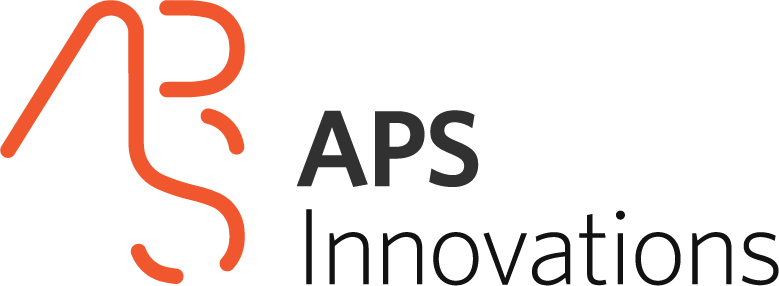SEPAL
INFANT FEEDING TEATS & BOTTLES
FROM LITTLE THINGS, BIG THINGS GROW
Apologies to the legendary Aussie musician Paul Kelly, but the title really is fitting here for little did a few key staff at The Royal Children’s Hospital, Melbourne know what would ultimately unfold when they signed on to be a part of the Victorian Government’s Market Validation Program way back in 2010.
With RCH initially submitting a technical request for tendering under the program, the RCH highlighted the many issues they were having with the wide-variability and inconsistency of flow-rates of commercially available teats, which were severely hampering their efforts to treat infants with feeding difficulties. Looking to the future, the RCH also insisted that whatever solution presented for the ready-to-use teats must be 100% recyclable and not contribute to landfill.
Five-week-old Frederick being treated for an undiagnosed condition on RCH’s Butterfly ward - photo courtesy of the Herald Sun
APS were successful in not only winning the competitive selection process for the initial Feasibility Study, but also the subsequent Proof Of Concept Validation - APS ultimately becoming the only SME ever under the MVP program to be granted funding for multiple Validation Phases, when they were awarded work with Dental Health Services Victoria under the Health MVP round just 2 short years later.
Sister company Sepal was launched in late 2014, after four years of development in partnership with The Royal Children’s Hospital, Melbourne, to provide local manufacturing, marketing and distribution of the commercialised product range.
Estelle Synaphet preparing retail product lines at Nadrasca Industry, who package and distribute on behalf of Sepal - photo courtesy of Herald Sun
Sepal distribute product daily to over 40 children’s hospitals throughout Australia, and engaged logistics partner Nadrasca Industry in early 2016 to package and distribute retail product to parents and selected chemist outlets, which are ordered through Sepal’s online webstore.
Sepal are proud to support and work closely with Nadrasca Industry, who offer innovative employment and training opportunities for people with a disability, with their ultimate aim to give employees skills that would eventually lead them to get employment in the wider community.
“Sister company Sepal was launched 2014 to manufacture, market & distribute the patented feeding teats & bottles developed collaboratively by APS with the RCH.”
investigative research & development program
engineering CAD
prototype manufacture & testing
developmental testing program
plastics materials selection
tooling design & program management
marketing renderings & literature
automated clean-room manufacturing line, development & commissioning
Sepal teats being manufactured in HACCP-certified clean-room, automated manufacturing facilities
APS collaborated closely with nutritionists, speech pathologists, specialty nursing staff and medical imaging professionals at the RCH to develop and trial the new range of ready-to-use, 100% recyclable, specialised infant feeding products.
The development process employed by APS resulted in drawing out not only solutions to the initial requests, but in gaining a deep understanding of the feeding mechanisms in infants, led ultimately to multiple patents worldwide for both the anatomical shape and venting system. Sepal and APS continue to partner in future development, recently releasing the revolutionary Ultra-Slow feeding teat for very low birth weight premmie babies.




